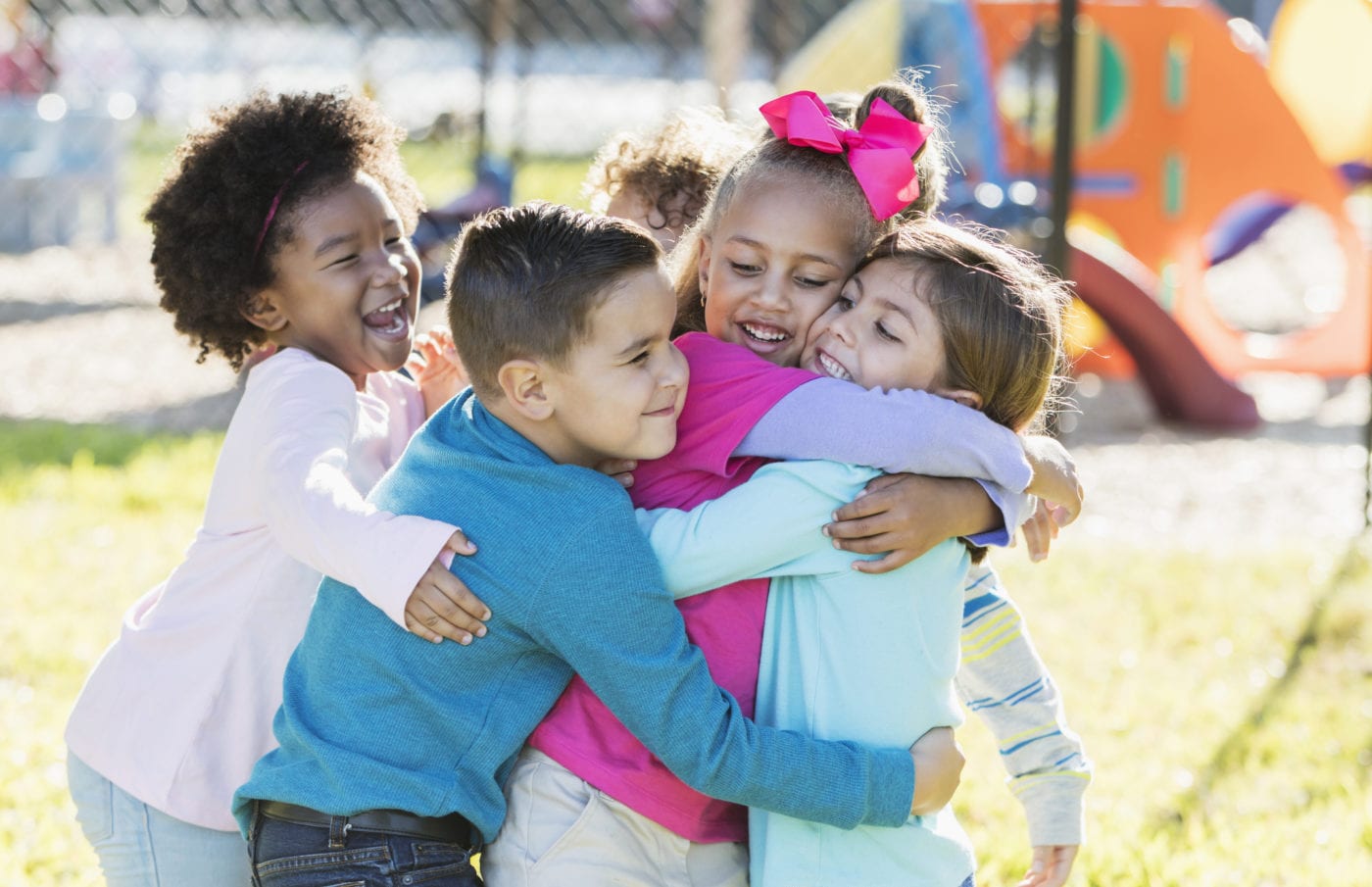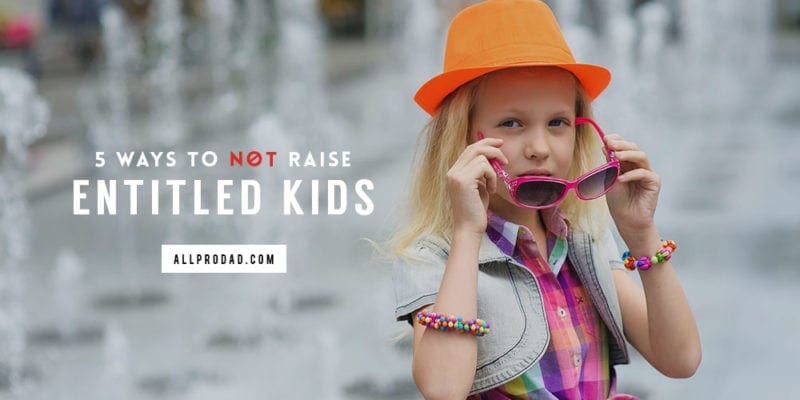Have you ever tried to have a conversation with someone who just couldn’t stop talking about himself? It doesn’t matter what subjects the conversation covers. He always brings it back—to him. If so, he just might be a narcissist. Of course, words matter, and I want to be careful not to throw around a clinical term in a way that is misleading.
There is a narcissistic personality disorder that can only be diagnosed by a trained professional. That is not what I’m talking about. I’m talking about the tendency for certain people to lack empathy and self-awareness, to have an inflated sense of self-importance, and to feel entitled to things they are unwilling to work for. Do you ever wonder how those people became that guy? And do you know how to avoid raising a narcissistic child? It’s simple. Just don’t make these 3 parenting mistakes.
1. Mistake what they do for who they are.
Parents rightly want their children to see themselves as innately valuable and lovable. But we need to separate what they do from who they are. This is true in both criticism and praise. So when our kids make mistakes, we need to be able to say, “that’s wrong” and help our kids realize that’s quite different than saying “you’re wrong.” And when our kids do something great, we want to say “that’s awesome,” not “you’re awesome.”
You certainly should tell your children you love them and think they are special. However, if we don’t do it carefully, we risk raising a narcissist. We need to separate our children’s actions from their value. Our kids are loved whether they are laudable or lousy, but if they’re lousy, we love them too much to leave them there.
2. Mistake happiness for goodness.
We all want our kids to be happy. However, being happy is not the same as being good. In fact, when we focus exclusively on our child’s happiness, we inadvertently teach them that “being good” is secondary to their personal happiness. Suddenly, our kids can justify deception and selfishness if, in the end, “they make me happier.” Raising a narcissist can be the sad result of wanting your kids to be happy beyond all else.
Goodness, on the other hand, is a willingness to choose what is right, loving, and true, even when it is difficult. We instill this when we help our kids learn how to forgive people who hurt them, rather than hate; to be generous with their money rather than buying whatever they want; and to spend time doing acts of service, rather than focusing all their attention on fun. This often leads us to happiness precisely because happiness is not the end in itself.
3. Mistake wants for needs.
Your daughter may want to play three sports in one season. Your son may want a smartphone at age 8. But what your child wants is not the same as what he or she needs. As a parent, it is incumbent on you to learn to say no. None of us likes to say no. As Big Tom Calahan would say in Tommy Boy, “Why say no when it feels so good to say yes?”
But just because something feels good doesn’t mean it is good. Some of the most important things you’ve learned about yourself and about how to live well in the world have come when you’ve not gotten what you’ve wanted. In trying to give our children everything they want, we actually withhold from them what they need: opportunities to gain resilience and learn valuable life lessons. Absolutely give your child things he or she wants—sometimes. But don’t be afraid to say no. It may be the most loving thing you can do.
Sound off: What are other ways might we accidentally contribute to our children’s self-centeredness?











Huddle up with your kids and ask, “Why is it important to have empathy for others?”